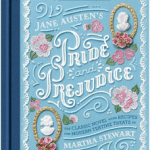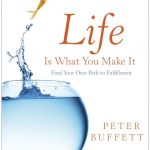“A classic, perhaps the supreme American novel” -Sunday Times
“More than an American classic; it has become a defining document of the national psyche, a creation myth, the Rosetta Stone of the American Dream” – Guardian
“F. Scott Fitzgerald was better than he thought, because in fact and in the literary sense he invented a generation” -New York Times
“A unique masterpiece whose mystery never fails to wield its power” – Robert McCrum, OBSERVER, The 100 Best Novels in English

Reading “The Great Gatsby” for the first time, I couldn’t see how what I was hearing was just a simple 1920s romance could be the masterpiece these reviews were presenting. Yet after reading it, I realized it was even more; a timeless masterpiece. Although set in a specific time period, the insights and criticisms Fitzgerald conveys can have an immediate effect in any era. The ingenuity of this novel gave me life lessons that I carry with me at every turn. Here is a list of 6 lessons I learned from reading “The Great Gatsby”:
1. Reserve all judgments
From the opening of the novel, Fitzgerald gives the reader important advice. The novel opens with Nick, the narrator, sharing something his father once told him:
“Whenever you feel like criticizing someone, just remember that not everyone in the world has had the benefits you have had.”
By making this point, Fitzgerald instills a conscience in the mind of the reader; be careful before judging, because you can never judge objectively. Just by this openness, we are awakened, we can even say challenged, on the unjust judgment of society, a problem that has irrefutably transpired in our time.
2. Money doesn’t buy happiness
Throughout “The Great Gatsby”, the stark contrast between appearances and reality is constantly illustrated. Between Daisy, Tom, Jordan, and Gatsby, we’re exposed to these characters reaching excessive wealth; yet none of them are really happy.
 With the exception of Gatsby, these characters are restless creatures who deliberately wander through life. These people seem to have it all. In reality, they have nothing. Wealth – a mask hiding the horrible truth: Tom’s adventures, his violent tendencies, Daisy’s unhappiness in her marriage, her indifference to her child.
With the exception of Gatsby, these characters are restless creatures who deliberately wander through life. These people seem to have it all. In reality, they have nothing. Wealth – a mask hiding the horrible truth: Tom’s adventures, his violent tendencies, Daisy’s unhappiness in her marriage, her indifference to her child.
And Gatsby, the richest of them, the most unfortunate of them all. Behind the lavish parties, the opulent lifestyle, the lavish mansion hides an inconsolable soul – having given everything for something it may never have. And ultimately, Gatsby’s money couldn’t buy Daisy’s love or society’s acceptance. Despite the extravagant parties and thousands of guests, two people attended his funeral. And those two people were the ones he wasn’t trying to “buy off”.
I couldn’t forgive him or love him but I saw that what he had done was, for him, completely justified. Everything was very careless and confused. They were careless people, Tom and Daisy – they smashed things and creatures, then retreated into their money or great carelessness or whatever held them together, and let other people clean up the mess they had made.
3. All is not what it seems
The fine line between reality and illusion has misled people throughout human history. Accordingly, Fitzgerald uses each character in the novel as a literary device, serving to illustrate the contrast of appearances and reality.
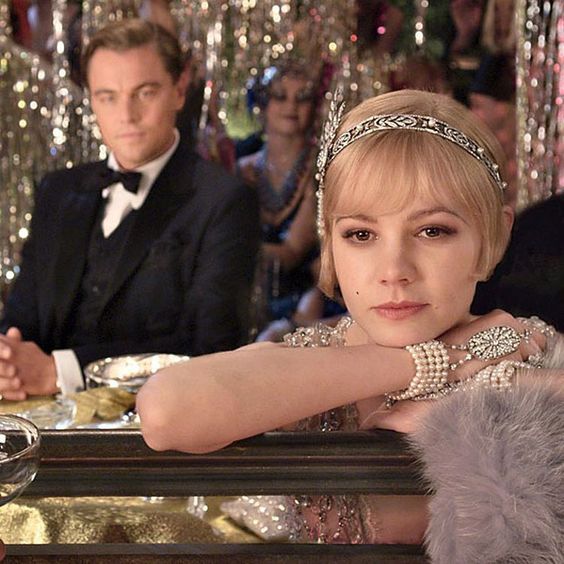
Who thought that such misfortune could hide behind such wealth. This novel serves as an indication of the subjectivity of truth, of reality. Nothing is really what it seems, as perfect as it may seem.
4. Find a purpose in your life
The perpetual restlessness of human beings is a major aspect of human nature explored in The Great Gatsby. Between Daisy, Tom and Jordan, these characters don’t know what the word want means. Money is possession. And with that life is lived aimlessly.
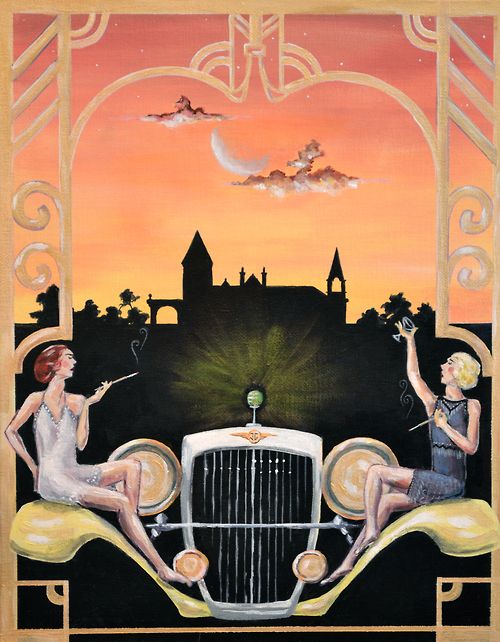
And in Nick’s words, “the man who gives his name to this book”, namely Gatsby stands out from the rest. He does indeed have a purpose – to achieve Daisy’s love – and until his last breath, every breath, every move, every action, all serve that purpose.
Some may disagree with its purpose. But his intentions are pure and his diligence irrefutable. And that’s why Gatsby is admirable. His sense of purpose, his purpose in life, his extraordinary gift for hope.
This is the story of The Great Gatsby. A story of hope, a story of purpose. And by focusing his novel on a character so obsessed with his goal, Fitzgerald in turn pushes the reader to develop a sense of purpose similar to Gatsby’s.
5. Live in the moment
From symbolism to metaphor to figurative devices, Fitzgerald paints unequivocally that Gatsby is stuck in time. Gatsby’s downfall and demise stems from one of his distinctive attributes, consistent throughout the novel: his inability to come to terms with the passage of time.

“You can’t repeat the past? Why, of course you can!
Whatever obstacles stand in the way of his plan, Gatsby – in his head – explains them so that they fulfill his dream. He ignores the fact that Daisy now has a child, he wants to erase his years with Tom. In this journey to reach his American dream, Gatsby fights against a natural force; the passage of time. And even if he fights for Daisy, he can never have her. Because he doesn’t want the daisy that exists in front of him. He’s obsessed with that daisy from years ago, now only quieting down in his own consciousness.
6. Hope is a noble but futile trait
Throughout the novel, the fine line between the nobility and the futility of hope is excessively explored.
If personality is an unbroken series of successful gestures, then there was something magnificent about him, a heightened sensitivity to the promises of life.… [Gatsby had] an extraordinary gift of hope, a romantic eagerness such as I have never found in anyone and which it is unlikely that I will ever find again.
On the one hand, one cannot ignore the lies, the intrigues, the criminal activity, how far Gatsby goes in the name of hope. And all for nothing. Despite his tireless attempts, his excessive rigor and his extraordinary hope, in the end Gatsby died alone – and the person he valued most was essentially responsible for his death.
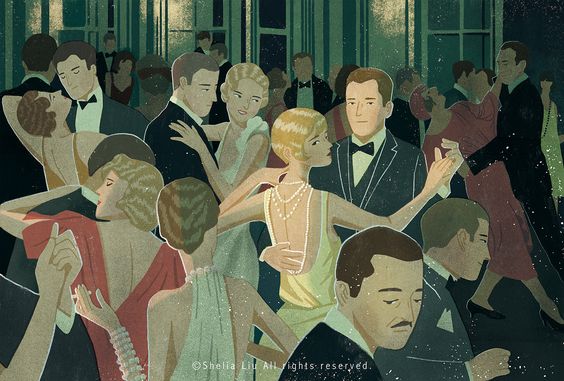
Yet, on the other hand, as Nick aptly put it, “Gatsby turned out fine in the end.” Because Gatsby died nobly, fighting for his passion, although questionable. And even to his last breath he sustained his hope; his extraordinary gift.

